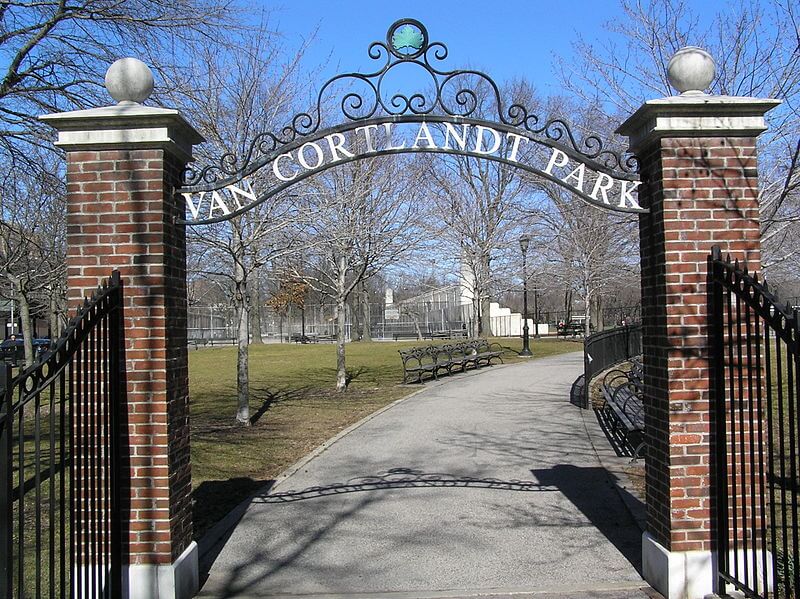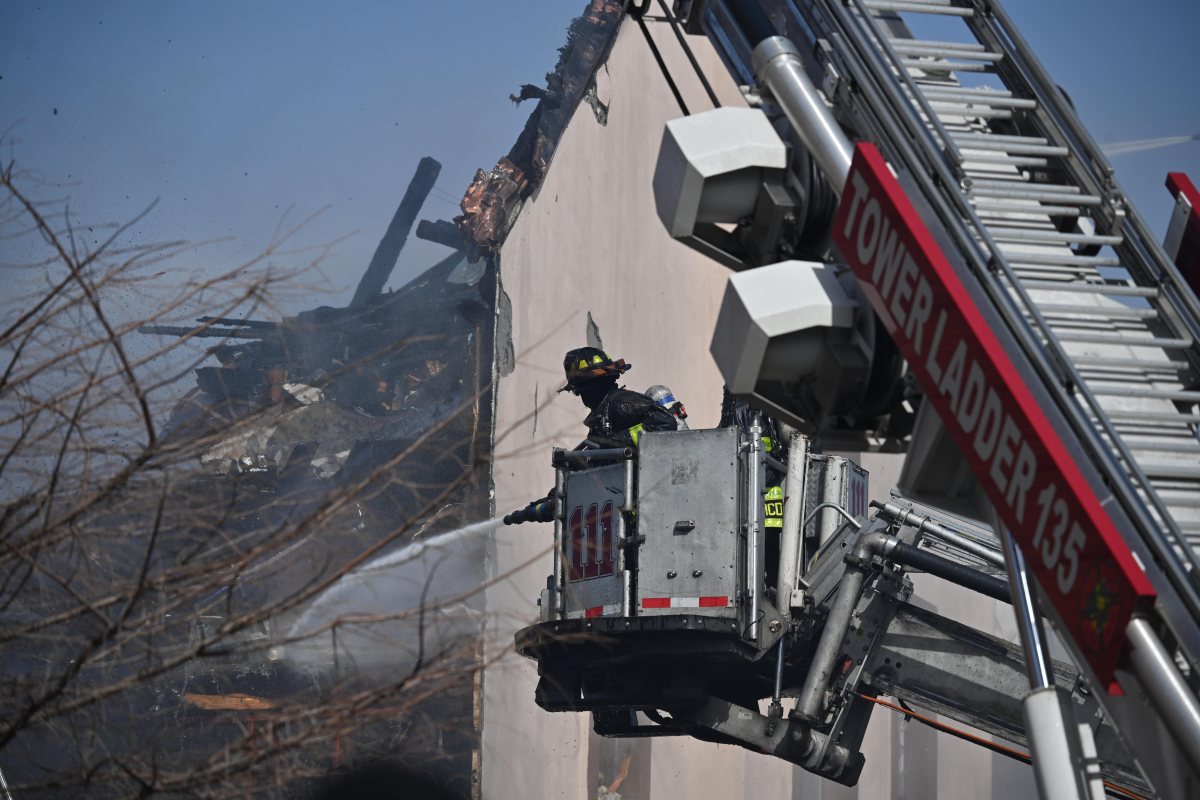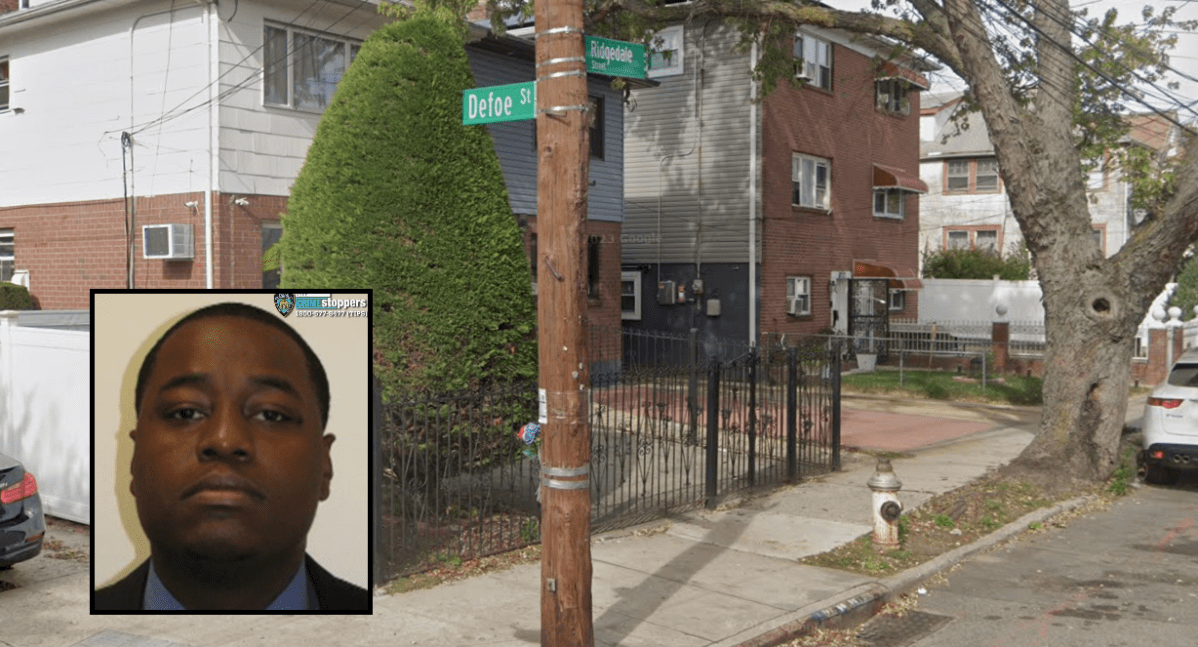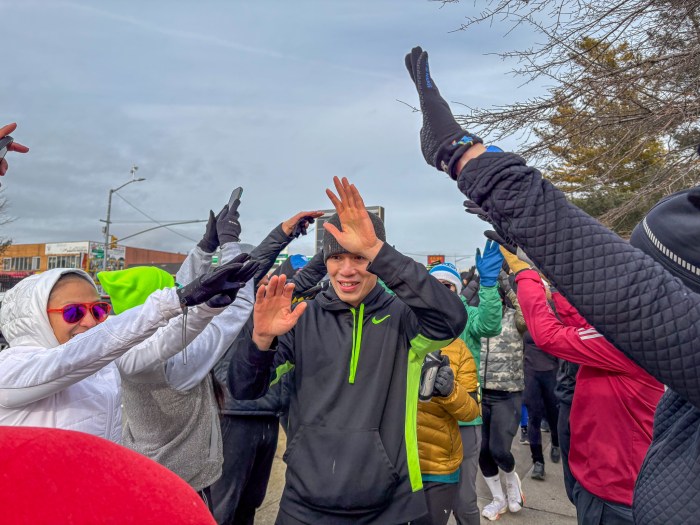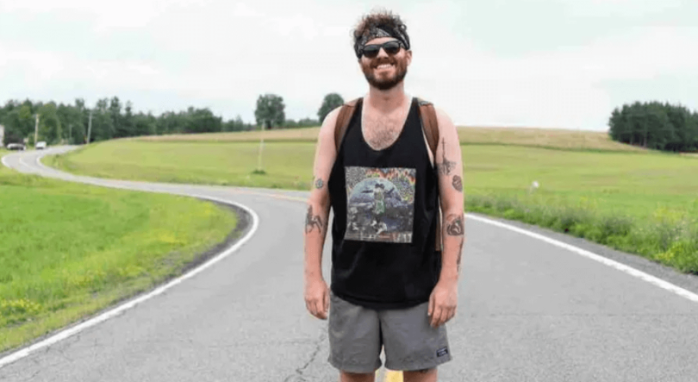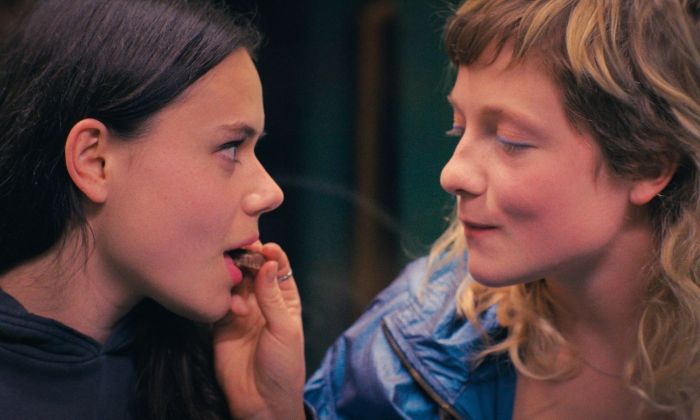BY JASON COHEN
As temperatures are getting warmer and summer is approaching, many people citywide are looking forward to going to parks and spending time with family and friends.
However, a recent joint report released by 25 park conservancies and nonprofits and the Department of Parks and Recreation reveals that the proposed budget includes a $37 million loss in revenue from shuttered park activities and $84 million axed from the city’s parks budget.
There is a proposed reduction of $61.3 million to the Parks Department’s budget in Fiscal Year 2021.
This will have a drastic effect on the Bronx as it is home to the city’s first and third largest parks, Pelham Bay Park and Van Cortlandt Park. Van Cortlandt Park Alliance Executive Director Stephanie Ehrlich is not happy with the planned cuts.
“While all parks will see the alarming results of the cuts, nowhere will it be felt more than in the Bronx, where we already receive a much smaller piece of the pie,” Ehrlich said. “Low-income Bronx residents do not have country homes to escape to. They do not have backyards. They have parks. Parks are essential infrastructure in a healthy city and critical spaces in a democracy.”
A coalition of parks advocacy groups came together in April, referring to itself as “Parks and Open Space Partners – NYC,” to help address the impacts of this crisis. The report shares the results of a survey of 20 of those organizations to examine the loss of operating revenue on staff positions, maintenance, programming and the overall condition and usability of city parks.

The organizations were:
- Alliance for Flushing Meadows Parks
- Corona Park
- Bronx River Alliance
- City Parks Foundation
- Freshkills Park Alliance
- Friends of Governors Island
- Friends of the High Line
- Gowanus Canal Conservancy
- Hudson River Park Friends
- Hunters Point Parks Conservancy
- Madison Square Park Conservancy
- Natural Areas Conservancy
- New Yorkers for Parks
- New York Restoration Project
- North Brooklyn Parks Alliance
- Prospect Park Alliance
- Randall’s Island Park Alliance
- Riverside Park Conservancy
- The Trust for Public Land
- Van Cortlandt Park Alliance
- Washington Square Park Conservancy
As a result of the COVID-19 crisis, these organizations, which raise more than 85 percent of their annual operating budgets through private donations and earned revenue, have reported an anticipated decrease in revenue of up to 60 percent for 2020.
This includes approximately 40,000 lost hours of maintenance and 110,000 lost hours of horticultural care city wide.
In 2019, more than 250 organizations organized by New Yorkers for Parks came together under the “Play Fair Coalition,” and delivered an increase of $43 million in the city budget for parks workers. Yet, parks are not categorized as an essential service when the city plans its budgets, and is therefore in danger each year of cuts, which are particularly concerning given the economic toll of the pandemic.
Originally formed from a grassroots response to the fiscal crisis in the 1970s, today there are over 25 nonprofit organizations which work to bridge gaps in capacity to care for parks, gardens and other open spaces. These groups provide support for 15,000 acres of parkland and green space, accounting for 50 percent of the city’s total public green space, employ over 500 full-time staff and hundreds of seasonal workers, invest private funds of over $150 million annually in public land and engage more than 100,000 volunteers annually to help care for parks and gardens.
The Bronx River Alliance realizes that if the 2021 budget cuts go through, they will drastically alter their organization and all green spaces in the city. In an effort to show the city how important parks are it launched a petition asking for the budget to include an additional $47 million dollars for parks.
“Once an abandoned dumping ground, the Bronx River has seen a tremendous revitalization thanks to a unique partnership between government and communities,” said Maggie Greenfield, executive director of the Bronx River Alliance. “Two hundred million plus has been invested in park and ecological restoration projects over the past 20 years. Together, we can weather the storm of COVID, but we cannot turn our backs on the progress we have made.”
The findings of the survey included the following:
- A combination of staff cuts and social distancing measures will result in 39,668 lost hours of maintenance and 109,384 lost hours of horticultural care citywide.
- Loss of thousands of volunteers who would have contributed an estimated 259,000 additional hours working on various projects.
- Approximately 541,700 trees, shrubs, perennials and annuals will not be planted in 2020 as a result of this diminished capacity.
- 3,400 trees (often called the “lungs of the city”) will not be pruned over 50 acres of lawns will not be mowed, seeded or given regular maintenance at the time of year when these spaces experience high traffic from park visitors on a daily basis.
- 90 percent of the organizations believe that parks, gardens, and open spaces will severely deteriorate as a result of this funding crisis.
- 79 percent believe that past physical improvements in their park, garden or open space will be lost completely if adequate maintenance funding from city or private sources is not delivered.
- 85 percent of the groups surveyed were not confident that the City will provide adequate funding for parks, gardens and open spaces in the budget.
- The organizations are preparing for an average of 32 percent revenue loss just this year; the hardest-hit organization in the study is bracing to lose 68 percent of its income in 2020.
- As a result, parks and public spaces in the city will see a reduction of more than $37 million in direct, privately-sourced investment from these organizations, which is instrumental to their everyday functionality.
This story first appeared on bxtimes.com.



